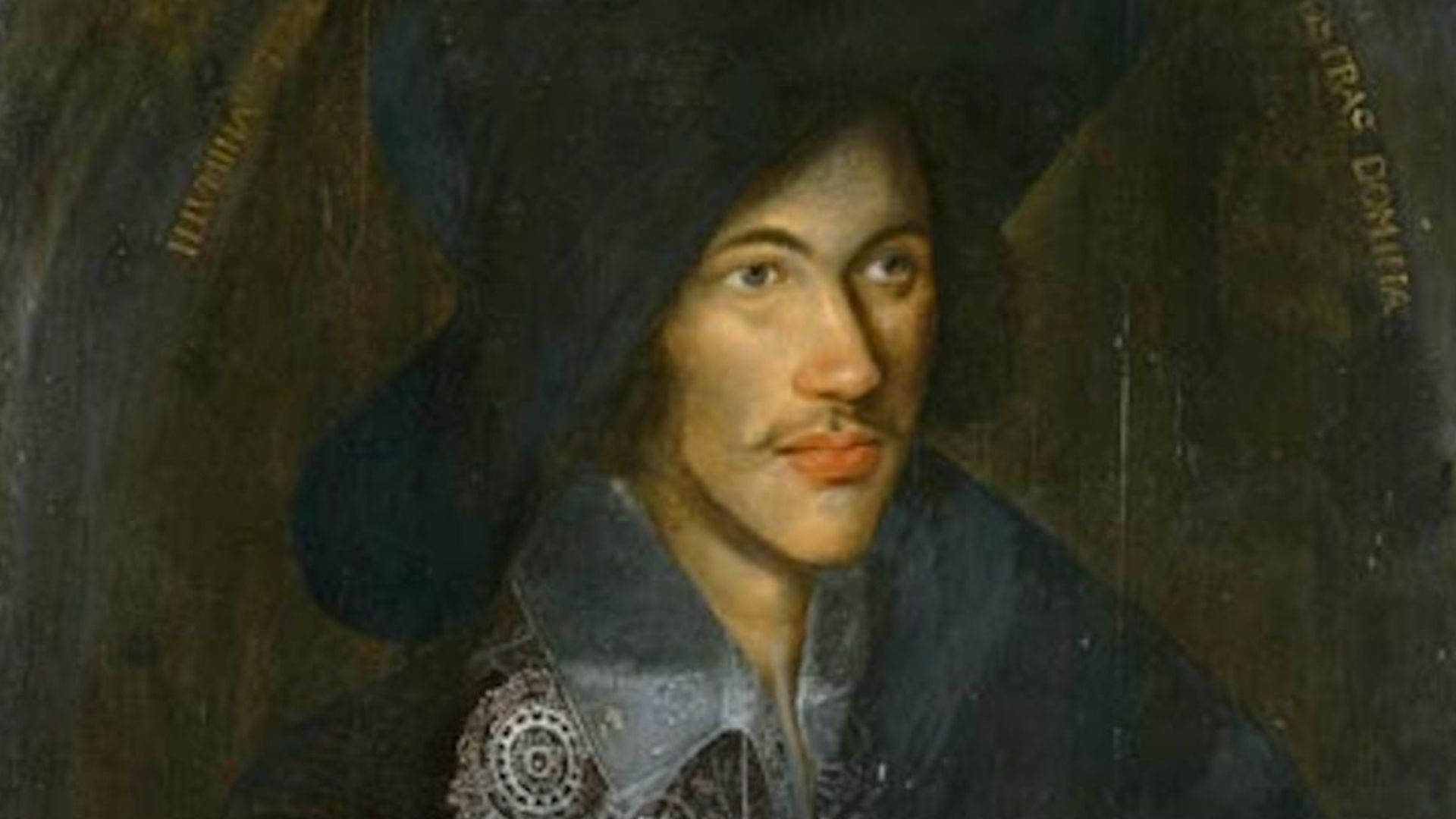Go And Catch A Falling Star Poem by John Donne
Go And Catch A Falling Star
Go and catch a falling star,
Get with child a mandrake root,
Tell me where all past years are,
Or who cleft the devil's foot,
Teach me to hear mermaids singing,
Or to keep off envy's stinging,
And find
What wind
Serves to advance an honest mind.
If thou be'st born to strange sights,
Things invisible to see,
Ride ten thousand days and nights,
Till age snow white hairs on thee,
Thou, when thou return'st, wilt tell me,
All strange wonders that befell thee,
And swear,
No where
Lives a woman true, and fair.
If thou find'st one, let me know,
Such a pilgrimage were sweet;
Yet do not, I would not go,
Though at next door we might meet;
Though she were true, when you met her,
And last, till you write your letter,
Yet she
Will be
False, ere I come, to two, or three.
This is a magical poem, it has an iimaginative side to it, well done
It is a beautiful poem and amazingly it is told.
Notice how it echoes the poem of François Villon Mais où sont les neiges d'antan? (where are the snows of yesteryears?) written more than 100 years before John Donne was born. A poem of disillusionment, where some will, inevitably, see misogynistic considerations, for the sake of political correctness.
Abrupt style of John Donne is killin' He wrote amazingly..

'Go and Catch a Falling Star' is a hauntingly beautiful reach for encompassing and collecting the amazing things in the world, yet he lives in a world apparently bespoiled by his distrust, or perhaps his failure in the man/woman wars we all face! His seeming position of 'moral highground' as a male over that of the 'fickle female' is a little overblown, but perhaps by so doing, actually includes himself in the seemingly ceaseless pattern of lost love and betrayal which he exudes in this wonderful work. Does his 'next-door neighbor' run from him to another man, or two, or is she pushed away?